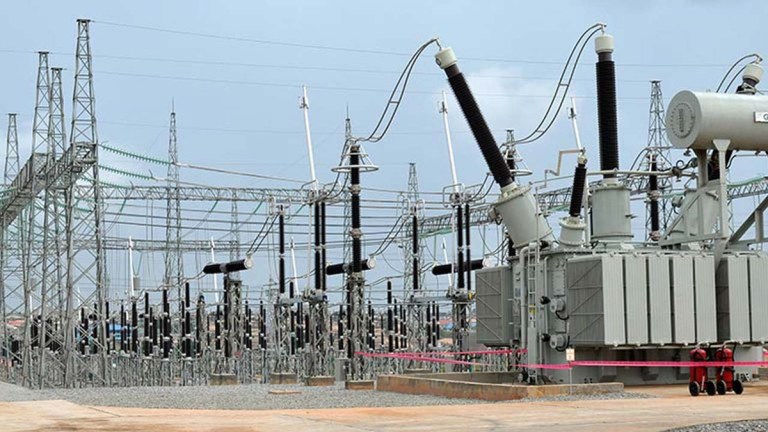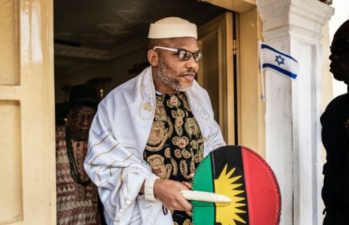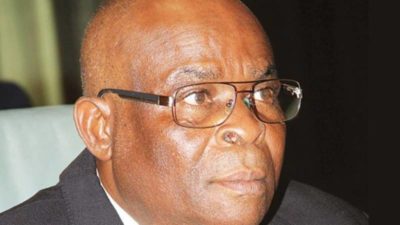Ghana, a West African nation with a population of about 31 million, is making strides in its power sector to achieve universal energy access and become a net exporter of electricity in the region.
The country has already attained an impressive 80 percent to 85 percent of energy access for its citizens, and is working on improving its generation, transmission and distribution systems to meet the growing demand and ensure reliability.
Mr. Hanson Monney, the Head of the Generation and Transmission Unit at the Ministry of Energy in Ghana, conveyed this during his presentation in Lagos on the second day of the Nigeria Energy Leadership Summit.
Monney reportedly highlighted that Ghana has already achieved a remarkable 80 percent to 85 percent universal energy access within its borders through robust policy formulation and implementation.
He said “So, we are working on all these things to make sure that the power system of Ghana continues to be as good as it is or even better, and then, maybe, we can be exporting more to our big brothers in Nigeria when the grid is finally settled.
“So, ladies and gentlemen, this is an overview of the Ghana power system and challenges,” Monney said in Nigeria’s capital Abuja.
The state of Ghana’s power sector
According to Mr. Hanson Monney, the Head of the Generation and Transmission Unit at the Ministry of Energy in Ghana, the country has a total installed capacity of about 5,000 megawatts (MW), with a peak demand of about 2,700 MW.
The country generates electricity from various sources, including hydro, thermal, solar and wind.
The main hydro plants are Akosombo, Kpong and Bui, which have a combined capacity of 1,580 MW. The thermal plants use natural gas, crude oil or diesel as fuel, and have a total capacity of 3,300 MW.
The solar and wind plants are relatively small, with a combined capacity of 120 MW.
Monney said that Ghana has a robust policy framework and regulatory environment that supports the development of the power sector.
He mentioned some of the key policies and initiatives that have been implemented or are underway, such as the Renewable Energy Act, the Energy Sector Recovery Programme, the Power Compact II with the United States Millennium Challenge Corporation, and the Ghana Power Compact with the World Bank.
He also said that Ghana is actively participating in regional power trade through the West African Power Pool (WAPP), which connects 14 countries in the Economic Community of West African States (ECOWAS).
Ghana’s ambition to export electricity to Nigeria
Monney revealed that Ghana has a vision to achieve “100% universal energy access” by 2025, and potentially export electricity to its “big brother” neighbour, Nigeria.
He said that Ghana has already been exporting electricity to some of its neighbours, such as Togo, Benin and Burkina Faso, through bilateral agreements.
He said that Ghana is also interested in exporting electricity to Nigeria, which has a huge market and a chronic power shortage.
He said that Ghana and Nigeria have been discussing the possibility of power trade for a long time, but there are some challenges that need to be overcome.
He said that one of the main challenges is the stability and security of the regional grid, which is prone to frequent outages and fluctuations.
He said that another challenge is the harmonization of tariffs and regulations among the countries involved. He said that Ghana is working on addressing these challenges through various interventions and collaborations with WAPP and other stakeholders.
The benefits of power trade for Ghana and Nigeria
Monney highlighted that power trade between Ghana and Nigeria would be beneficial for both countries in terms of economic development, social welfare and environmental sustainability.
He said that power trade would enable Ghana to utilize its excess generation capacity and earn foreign exchange from exporting electricity.
He said that power trade would also help Ghana to diversify its energy mix and reduce its dependence on fossil fuels.
He said that power trade would help Nigeria to improve its power supply and reduce its reliance on expensive and polluting diesel generators.
He said that power trade would also foster regional integration and cooperation among the ECOWAS countries.
He said that power trade would ultimately contribute to the achievement of the Sustainable Development Goals (SDGs) and the Paris Agreement on climate change.




